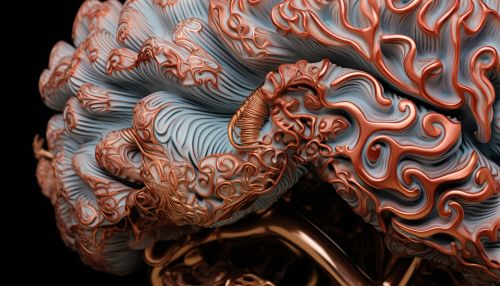Autism Spectrum Disorder
Introduction
Autism Spectrum Disorder (ASD) is a complex neurodevelopmental disorder that affects social interaction, communication, interests, and behavior. It encompasses a broad range of conditions characterized by challenges with social skills, repetitive behaviors, speech, and nonverbal communication. Autism is known as a "spectrum" disorder because there is wide variation in the type and severity of symptoms people experience.
Etiology
The exact cause of ASD is unknown, but it is believed to be a combination of genetic and environmental factors. Some research suggests that ASD could be linked to an abnormality in the brain's structure or function. However, these findings are not definitive and more research is needed.


Symptoms and Diagnosis
ASD symptoms can vary greatly from person to person. However, they generally appear during early childhood and affect a person's ability to function socially, at school or work, or other areas of life. Some of the common symptoms include difficulties with social interaction, problems with verbal and nonverbal communication, and repetitive behaviors or narrow, obsessive interests.
Diagnosis of ASD involves two steps: a developmental screening and a comprehensive diagnostic evaluation. The Diagnostic and Statistical Manual of Mental Disorders (DSM-5) provides the criteria for diagnosing ASD.
Treatment and Management
There is currently no cure for ASD. However, research shows that early intervention treatment services can greatly improve a person's development. These services include therapy to help the child talk, walk, and interact with others. Other treatments can also include medication or a combination of therapies.
Epidemiology
ASD affects individuals worldwide, irrespective of race, ethnicity, or socioeconomic status. According to the CDC, it is estimated that about 1 in 54 children has been identified with ASD.
Prognosis
The prognosis for people with ASD varies greatly. Some individuals with ASD live independently, while others require significant support. With appropriate services and supports, many individuals with ASD can lead fulfilling lives.
